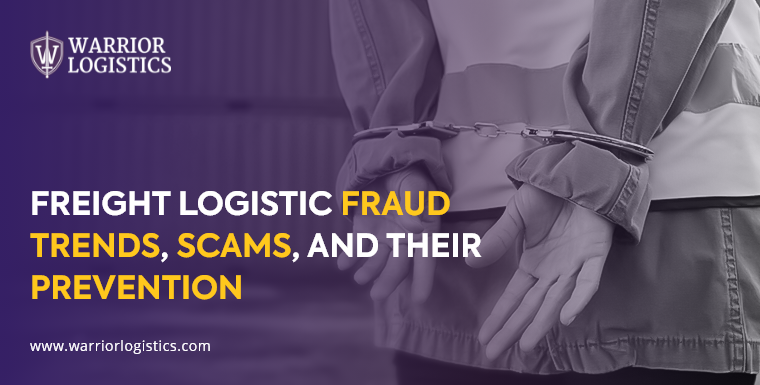Drive and Thrive: Podcasts Every Truck Driver Should Listen To
As trucking driver life on the road can be lonely and monotonous, but it doesn’t have to be. Podcasts are a truck driver’s perfect companion, offering a mix of knowledge, entertainment, and even a few laughs. Whether you’re rolling through the Rockies or stuck in a Midwest snowstorm, a good podcast can make the miles drive by.
At Warrior Logistics, we understand the grind and the glory of the trucking lifestyle. That’s why we’ve put together a list of truck driver podcasts designed to keep you company and help you grow. Let’s dive in.
Podcasts Every Truck Driver Should Have on Their Playlist
Truck drivers need content that’s as real as the road they travel on. These podcasts deliver insights, humor, and the kind of camaraderie only a trucker would understand.
1. Trucker Dump
Hosted by Todd McCann, a driver who’s been there and done that, this podcast is a mix of storytelling and straight talk. Todd covers everything from life on the road to industry news, all with a good dose of humor.
2. FreightCasts
This one’s for drivers who want to stay sharp and informed. FreightCasts dives into logistics trends, freight markets, and what’s coming next for the trucking industry. It’s like getting the inside scoop while you drive.
3. TalkCDL Trucking Podcast
Looking for a mix of driving insights, entertainment and useful tips? TalkCDL has you covered. The hosts share trucking stories, talk about trucking & logistics industry laws, and even throw in some lighthearted banter to keep things interesting.
4. Trucking for Millennials
Curious about how younger generations are reshaping the trucking world? This podcast explores modern trucking challenges and opportunities for drivers, with a fresh and forward-thinking vibe.
5. Overdrive Radio
Overdrive Radio is your one-stop shop for trucking news and culture. They tackle everything from regulations to life behind the wheel, making it a go-to for professional drivers who want to stay in the know.
6. The Truck Show Podcast
This podcast covers trucking from every angle—gear reviews, history, and interviews with industry insiders. It’s an entertaining listening that blends education and fun.
7. Road Dog Trucking Radio
Broadcasted on SiriusXM, this live show features real truckers sharing their experiences, thoughts, and challenges. It’s like having a conversation with the entire trucking community.
8. Alice Isn’t Dead
For those who enjoy a little fiction, this storytelling podcast follows a truck driver searching for her missing wife. It’s mysterious, engaging, and perfect for drivers who want to escape into a gripping story.
9. Trucking Answers
Hosted by a seasoned trucker, this podcast focuses on real issues drivers face, from pay and safety to the challenges of life on the road. It’s honest, straightforward, and relatable.
10. The Lead Pedal Podcast
This one’s for owner-operators and trucking entrepreneurs. It’s packed with tips on running your business, staying safe, and managing life on the road.
Why Podcasts Are a Game-Changer for Truck Drivers
Podcasts bring more to the table than just background noise. They keep your mind active, your mood lifted, and your perspective sharp. Long drives can drain even the most seasoned trucker, but a good podcast keeps the journey interesting.
For instance, listening to trucking podcasts can help you:
- Stay updated on industry news without lifting a finger.
- Learn new skills or insights while clocking in the miles.
- Feel connected to a broader community of drivers.
How to Start Trucking Podcast Listening
Finding podcasts that match your interests is easier than you think.
- Download a Podcast App
Popular apps like Spotify, Apple Podcasts, and Stitcher are full of options.
- Search for Topics You Like
Whether you want news, stories, or advice, type your interests into the search bar.
- Give a Few a Try
Not every podcast will hook you right away, but don’t stop after one episode. Explore until you find a few favorites.
Conclusion: Your Road, Your Playlist
At Warrior Logistics, we believe in more than just making miles – we believe in making those miles count. Podcasts are an easy way to keep learning, laughing, and thriving while you drive.
From industry news to gripping stories, these truck driving podcasts offer something for everyone. So, the next time you hit the road, plug in, press play, and let your playlist become your co-pilot. Because trucking isn’t just a job, it’s a lifestyle, and every mile should be a step toward thriving.










